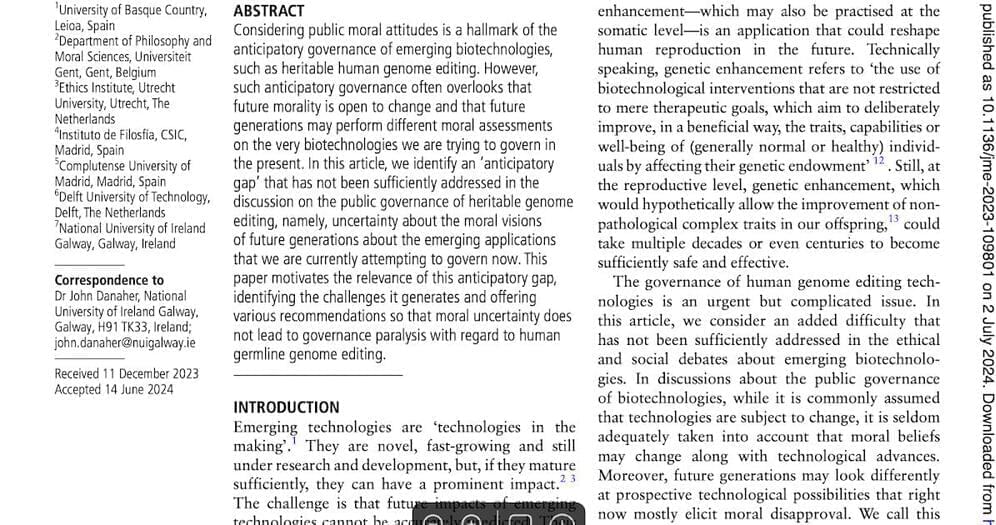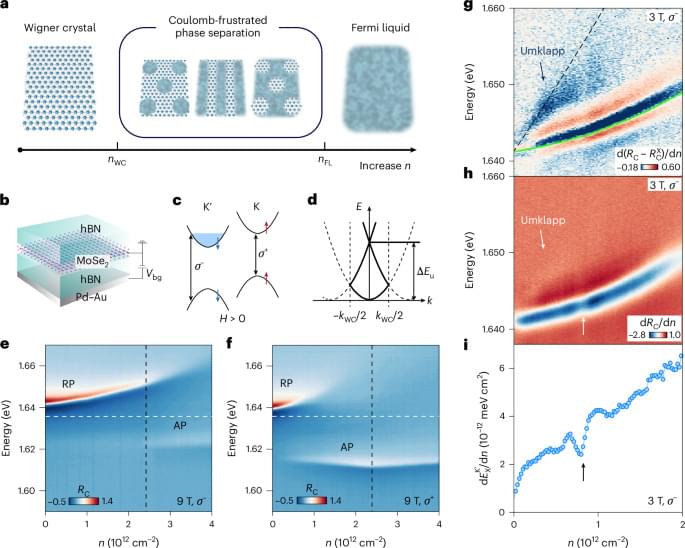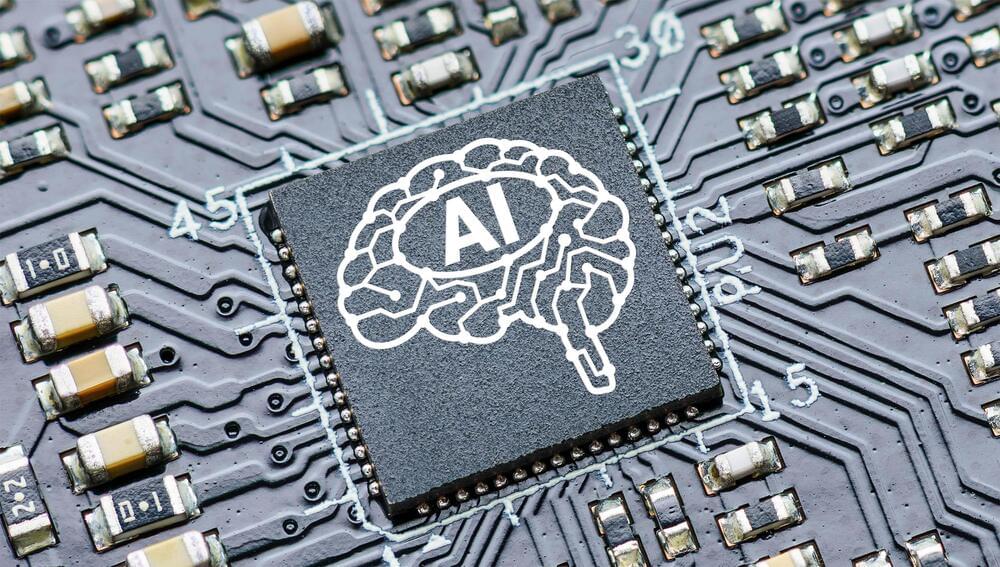Jan 21, 2025
Re-engineered, blue light-activated immune cells penetrate and kill solid tumors
Posted by Shubham Ghosh Roy in category: biotech/medical
HERSHEY, Pa. — Immunotherapies that mobilize a patient’s own immune system to fight cancer have become a treatment pillar. These therapies, including CAR T-cell therapy, have performed well in cancers like leukemias and lymphomas, but the results have been less promising in solid tumors.
A team led by researchers from the Penn State College of Medicine has re-engineered immune cells so that they can penetrate and kill solid tumors grown in the lab. They created a light-activated switch that controls protein function associated with cell structure and shape and incorporated it into natural killer cells, a type of immune cell that fights infections and tumors. When these cells are exposed to blue light, they morph and can then migrate into tumor spheroids — 3D tumors grown in the lab from either mouse or human cell lines — and kill tumor cells. This novel approach could improve cell-based immunotherapies, the researchers said.
The findings were published today (Oct 23) in the Proceedings of the National Academy of Sciences. The researchers also filed a provisional application to patent the technology described in the paper.

















